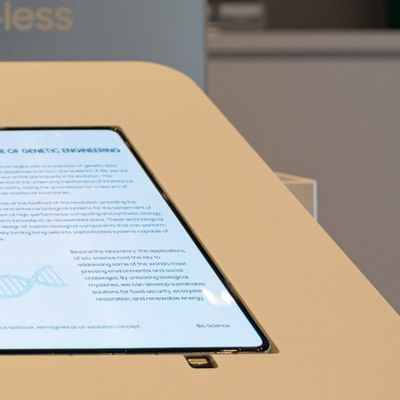
MPEG LA, the group that oversees licensing for a number of Internet media standards, today announced that Internet broadcast content using the H.264 video coding standard will remain royalty-free for the entire life of the license, quashing fears that the standard could suddenly become subject to royalty payments in 2016 after the current licensing term expires and is required to be renewed.
MPEG LA announced today that its AVC Patent Portfolio License will continue not to charge royalties for Internet Video that is free to end users (known as "Internet Broadcast AVC Video") during the entire life of this License. MPEG LA previously announced it would not charge royalties for such video through December 31, 2015, and today's announcement makes clear that royalties will continue not to be charged for such video beyond that time.
H.264 is the video content standard that has been embraced by a broad array of content providers including Apple, which owns several of the patents included in the technology's portfolio. Today's announcement also paves the way for H.264 to become the standard video format for HTML5, which had seen some contributors, such as Mozilla and Opera, supporting Ogg Theora as a royalty-free video standard.
Earlier this year, Google announced its own video standard, WebM, claiming that it would be a royalty-free alternative to H.264. Questions were raised, however, about whether WebM truly could be royalty-free, with MPEG LA even going as far as to suggest that it was looking into putting together a patent pool to assert the rights of intellectual property holders associated with the WebM/VP8 standard.
Update: The Register reports on comments from Mozilla vice president of engineering Mike Shaver where he questions the impact of MPEG LA's statement, noting that the announcement changes nothing over the short term and even over the longer term applies only to free video broadcasts using the standard and not to those looking to incorporate H.264 technology into their products.
"The MPEG-LA announcement doesn't change anything for the next four years, since this promise was already made through 2014," he says in the statement shared with the The Reg. "Given that IEC [International Electrotechnical Commission] has already started accepting submissions for patents in the replacement H.265 standard, and the rise of unencumbered formats like WebM, it is not clear if H.264 will still be relevant in 2014."
It should also be noted that the MPEG-LA's license change does not apply to H.264 products and services other than free video broadcasts.
Consequently, Mozilla and Opera may still remain pledged to the WebM format, believing that Google's claims of it being truly royalty-free will hold up under the scrutiny of patent holders.























